Shot at home by police: Teaching officers how to react under stress after Botham Jean, Atatiana Jefferson killings
Botham Jean and Atatiana Jefferson were home when police shot and killed them.
The names Botham Jean and Atatiana Jefferson have become a rallying cry in a national conversation on police and the use of deadly force.
Black men in the United States are about 2.5 times more likely to be killed by police than white men over the course of their lifetime, according to a recent study. Botham Jean is now a part of this statistic.
Before his death, he was fully aware of the stigmas he faced as a man of color, so much so that it affected the way he dressed.
"Botham loved to dress well," his mother Allison Jean told ABC News. "And I would ask… 'Why do you think that you must look the part every time?' He said to me, 'Mommy, I know what it is when I walk into an elevator and a little white lady pulls her bag closer to her… I dress well so that I am not mistaken,'" Allison Jean said.
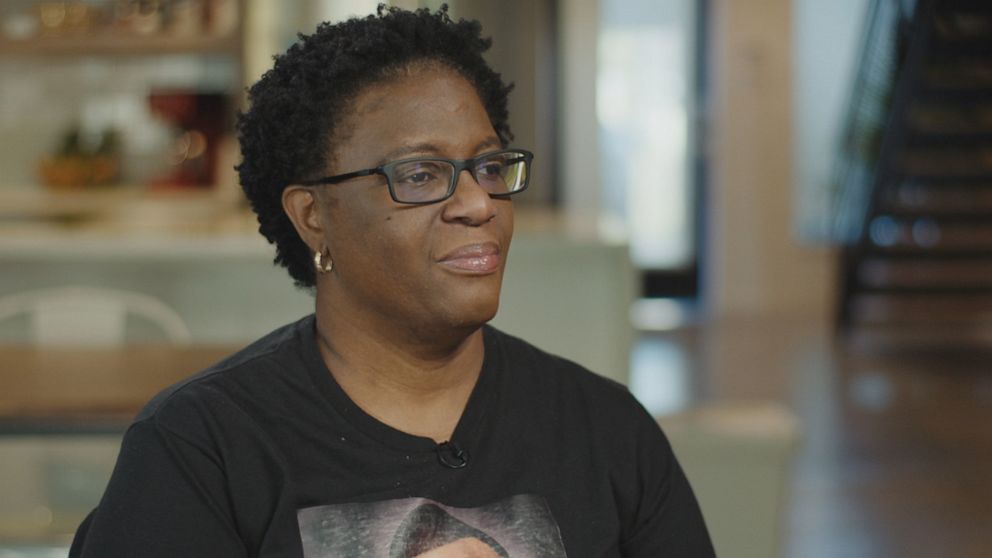
Botham Jean had a soulful voice, and as an active church member, he used it to lift up the congregation through song.
"He was about forgiveness," Allison Jean said. "He was about compassion. He was about reaching the underserved and underprivileged."
But none of that mattered on Sept. 6, 2018.
On that night, Botham Jean was watching TV alone in his apartment in the Dallas area. Amber Guyger, who at the time was a Dallas police officer, was coming home from a 13-hour shift.
She said she accidentally walked into Botham Jean's apartment, mistaking it for her own. Then, she fatally shot him, later saying that she thought he was an intruder.
"That was the most unbelievable thing I could ever hear," Allison Jean said, recounting when she got the call that her son had died. "Up to now, when I reflect on it, I still cannot believe that that could ever, ever happen. … It's still difficult to understand that Botham is not here."
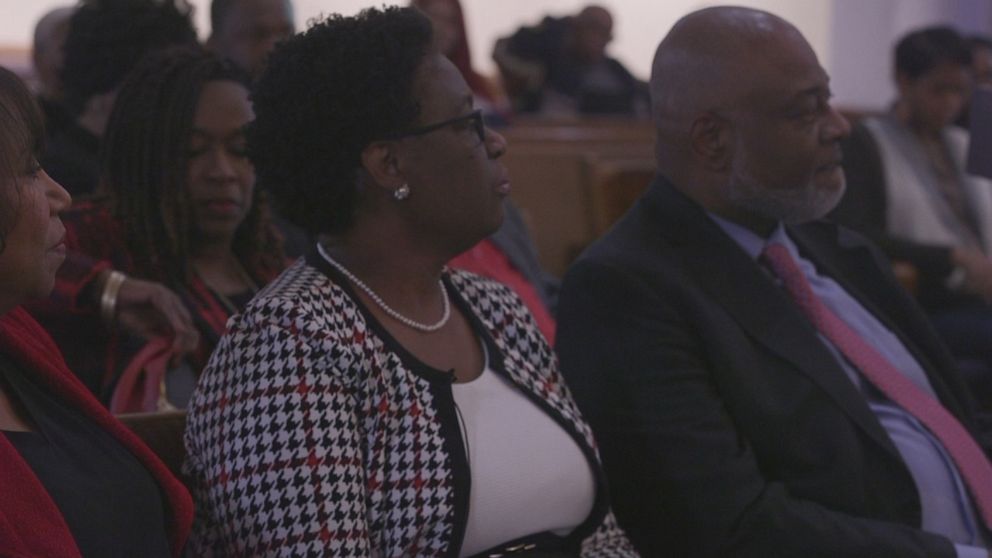
Guyger was convicted of murder in October and sentenced to 10 years in prison.
"Since I heard the verdict, I am much better. I feel much lighter. So I'm using the spirit now to heal," Allison Jean said.
The Jean family hired civil rights attorney Lee Merritt to represent them in their ongoing civil suit against the city of Dallas and Guyger. Their suit claims Guyger used excessive force and violated Botham Jean's constitutional and civil rights. The suit also states that the police chief, city council and city manager failed to implement and enforce measures for the police department "that respected Jean's constitutional rights."
"The truth is, even if Ms. Guyger had been in her own home, and she had discovered a burglar… those facts alone wouldn't have been enough to use deadly force," Merritt said. "She would've had to perceive…a reasonable threat emanating from Mr. Jean."
"My hope in all of these cases, in holding police officers accountable, is that a message will go out to the law enforcement community that they're not untouchable," he said. "There will be consequences if you pull that trigger and don't have the proper justification."
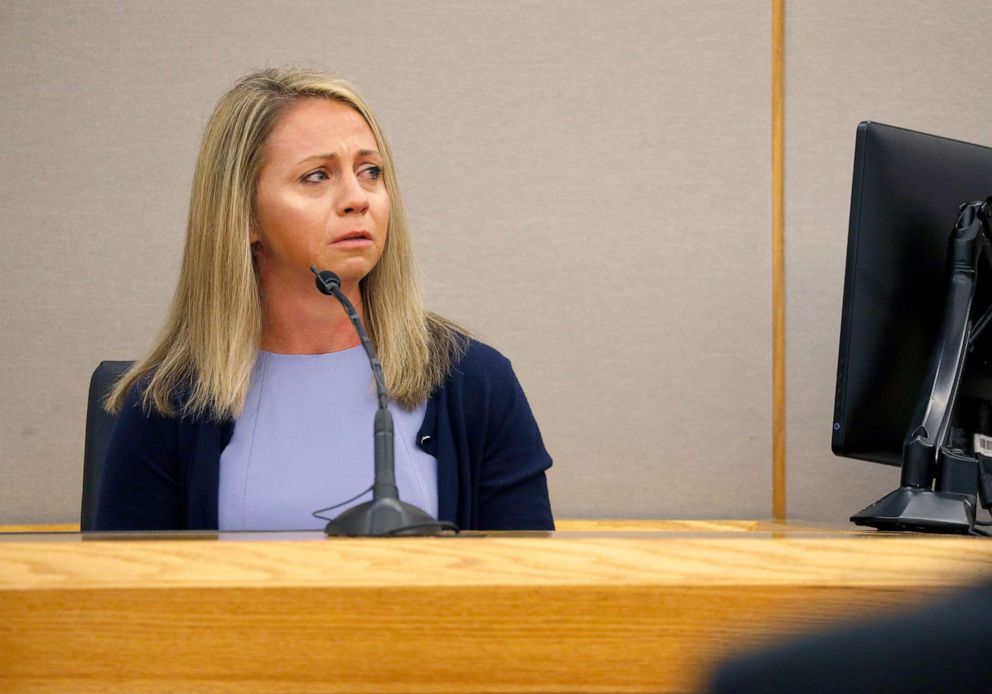
On Oct. 12, 11 days after Guyger’s conviction, Atatiana Jefferson was killed in Fort Worth, Texas, just 33 miles from where Botham Jean lived. She was also gunned down by a police officer in her own home.
"You really can't make any sense of any of it," Amber Carr, Jefferson's sister, said of her death. ABC News spoke with her only a few days after she had buried her sister.
With emotional wounds still raw, Jefferson’s family is only beginning its fight for justice.
"My family…we really shouldn't be at this point, dealing with an assassination," Carr said. "Because that is exactly what it is."
At 28 years old, Jefferson aspired to be a physician. Carr said her sister had diabetes and that it inspired her to want to search for a cure.
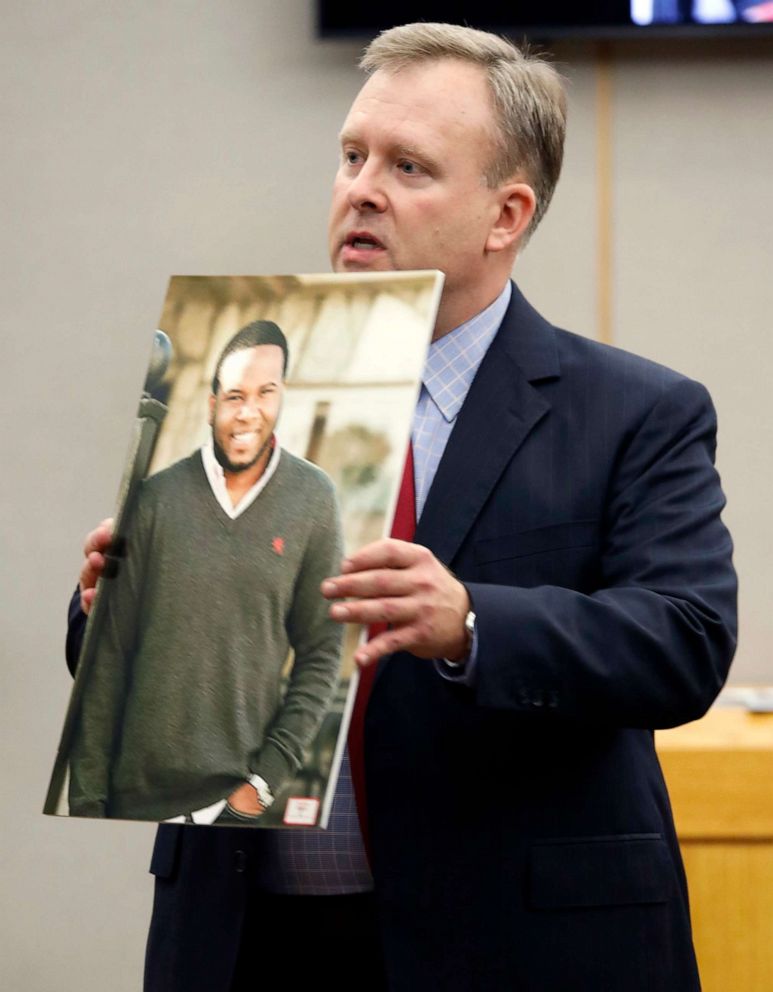
Carr’s 8-year-old son, Zion, was with Jefferson the night she was killed. The two had been playing video games together when a concerned neighbor made a call to a non-emergency police line about Jefferson’s doors being open. The neighbor later told ABC News he was worried that medical help was needed.
Police body-camera footage from 35-year-old officer Aaron Dean showed him walking past the front and side doors to the back of the house. He approached a bedroom window and then yelled, "Put your hands up." A split second later, he shot Jefferson through the window, killing her.
Carr said she first heard the details of what had happened from Zion.
"He said that he was sad… and I asked him, 'Why? Why are you sad?' He said, 'Well, the police shot Aunt Tay.' And that was the first time I had heard that. No one had given me any details on what happened," Carr said.
"I hated that my son had to be the one to tell me," she continued. "He was actually there to witness it and could have been a target as well. ... I know I'm crying. And it looks like I'm sad. But I'm really angry."
Now, Merritt has found himself representing another family whose loved one was shot in their own home. He suggested that "it’s possible [Dean] was just poorly trained; wasn’t ready to be out on his own."
Dean declined ABC News’ request for comment and his attorney said they had no comment as well.
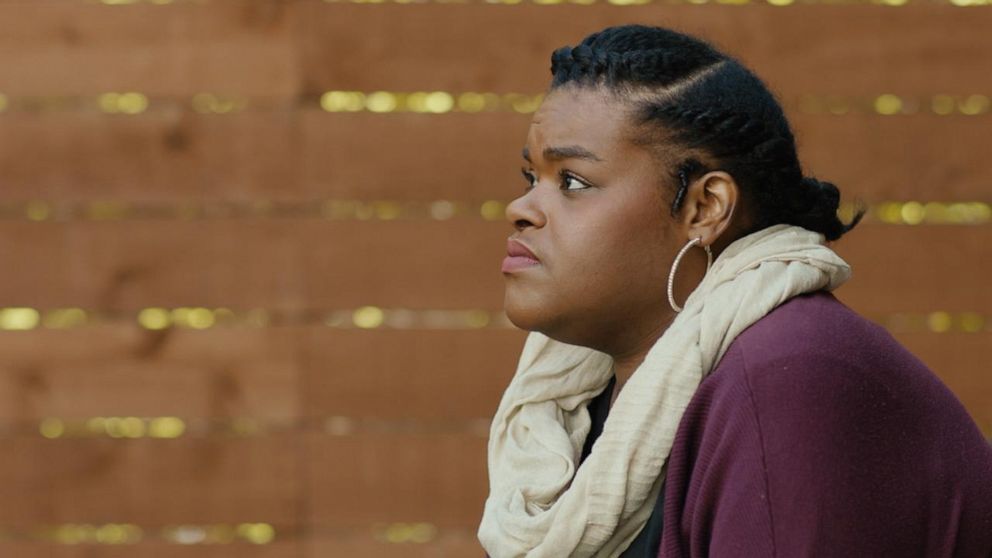
Before Jefferson was shot dead, Dean had been described in his personnel file as "a young officer working at a level commonly seen from more experienced officers." He resigned from his position two days after shooting Jefferson and has been charged with murder. He has not yet entered a plea.
In video obtained by ABC News of Dean’s interview for the job in 2017, he said he wanted to "serve my fellow citizens in a very up close and personal way. … I like the action and adventure that I hear [in] those stories told about the job."
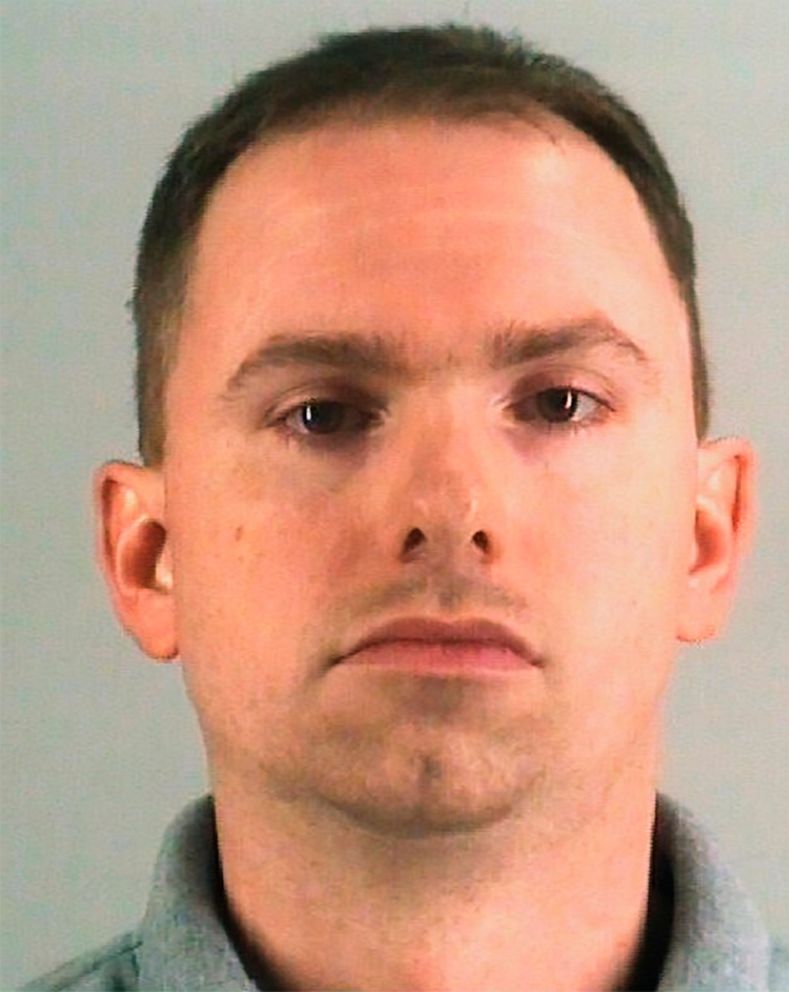
When asked whether he’d be able to kill someone if he had to, he responded: "No problem."
"I respect the profession," Merritt said. "They run toward the danger. But we’ve amplified the idea that they get to fear for their lives in so many situations to the point that it’s become unreasonable."
After the shooting, Fort Worth Police Department Chief Ed Kraus said during a news conference that "nobody looked at that video and said there’s any doubt that this officer acted inappropriately."
Merritt said such an admission was "huge." However, he also said we need to do more as a society.
"Until we begin to deal with this as a systemic problem that we all have to address, it is not going to be enough to prosecute Aaron Dean," Merritt said. "When are we going to look at the system itself and look at American policing and say, 'What can we do differently?'"
Recalibrating officers’ stress response
In Maryland, former DEA task force officer Duane Dieter runs Close Quarters Defense (CQD), a training program meant to help police officers -- as well as military and security personnel -- improve control over their fear and stress.
Dieter said that when stress isn’t controlled, it can make a person "be aggressive to someone that’s not necessary to be aggressive to."
Jacqueline Dalton is a 36-year-old rookie police officer in Havre de Grace, Maryland. She’s only been on the force for about six months and had previously served with the U.S. Coast Guard. She went to CQD to attend one of Dieter’s courses.
"I’ve tried hard to get into this job and I am very happy with where I am," Dalton said. "I adore my coworkers and my chief, and I don’t want to let them down."
A key tool in Dieter’s training is a simple cloth and rope, which he calls "the hood," that he uses to cover his "students'" heads. Each time the hood comes up, the student faces a new scenario, some of which require force and some that don’t.
The hood teaches students "to be able to react quickly and to be able to change and dial their reactions depending on how the threat is; to be aggressive, assertive or passive, compassionate," Dieter said. "All [of it] has to be within split seconds as it applies."
As Dalton suited up, loud noises meant to ramp up stress began in the scenario room.
"[Stress] will become their friend," Dieter said. "At first it is not their friend normally."
As Dieter watched Dalton through a one-way mirror, he was able to collect a baseline for how she performs under stress before undergoing the CQD training. The scenarios are done with "tactical role players," who behave in a way that people in real life would. In one scenario, she commanded a man to put his knife down, "verbalizing" and "de-escalating" the situation, Dieter said.
However, in another scenario, after Dalton was attacked, she shot the attacker even though he had moved away from her and he was unarmed.
"Her energy was high enough that she eventually shot the person. … [The person] was not a threat," Dieter said. "Though he attacked her initially, to some level he moved back. … So that’s where we do not shoot. We command them down to the ground or put their hands out, but he’s no longer an active threat."
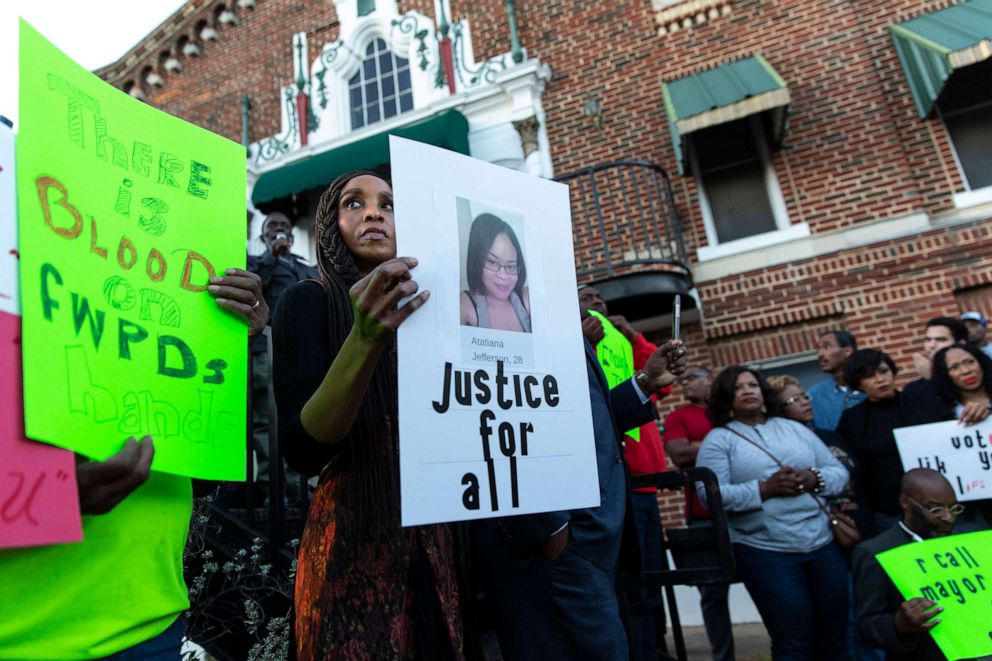
When asked why she'd shot the suspect in the scenario, Dalton said, "I used lethal threat because I felt fear for my life and they could have threatened either the person off to my left, or myself, or any other citizens if I let them get away."
Although the suspect did not have a gun, Dalton thought he did, even saying, "He was aiming it toward me. He did not shoot."
Deiter said Dalton’s response showed how the way we perceive things can change when our stress levels are high and not being controlled.
Dieter called it Dalton’s "perceived truth."
"It’s because we are not used to this level of stress," he said. "So their truth is very different sometimes than what truthfully happened. And they will say what they believe right off the bat. … Because that’s what they really saw. But in reality, it could be that it’s totally different than that."
Dieter said Dalton’s actions in the scenario before her training were not uncommon. In fact, he said he sees it often before people are trained on how to control their fear and stress.
Dieter said it’s possible to train responses out of his students -- a process that can take days or even weeks. However, by the end of her first day of training, Dalton had already shown improvement by reacting more appropriately in scenarios. "Nightline" watched her more quickly and accurately assess "threats" within split seconds of time.
When stress is controlled, Dieter said, it can improve decision making, which can mean the difference between life and death for both citizens and officers. By embracing their stress, he said, people can build "empowerment and confidence [to] where a lot of the stress goes away."
Dieter's training program costs $350 per officer per day. Many police chiefs across the country have said that finding money for additional training is challenging. Teresa Walter, the chief of the Havre de Grace Police Department in Maryland, has help from a private benefactor.
"It gives your officers so much more confidence," Walter said. "It helps them to adjust to what is, in fact, going on around them. That’s not something that you get in basic police academy. It’s just not."
Amber Carr meets Allison Jean
As part of her healing, Allison Jean has been helping those in need. She visited Carr, whose sister had just been buried a few days earlier.
Upon meeting, Allison Jean embraced Carr and held her hand.
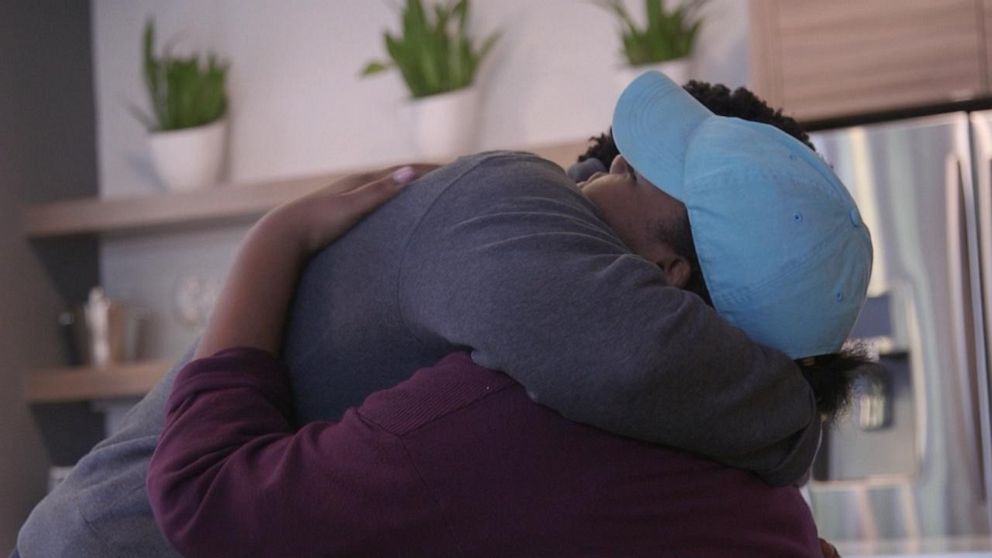
"Such a terrible thing. … I really wanted to reach out to you, reach out to your family. … Let you know that we are with you," Allison Jean said.
"Atatiana’s death impacted me very, very, very strongly because it seems so much like what Botham went through," she continued.
"But we have to continue to live," Allison Jean said. "What keeps me going, too, is the energy that Botham had. I just know that he would not want you to…"
"Give up," Carr said, finishing Allison Jean’s sentence.
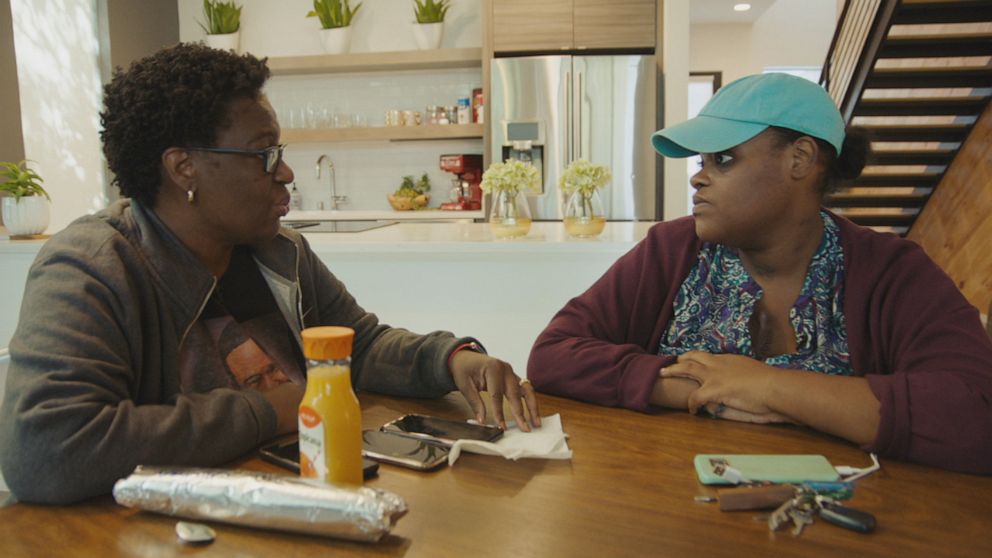
For most of the time that Carr sat with Botham Jean’s mother, she listened quietly and was tearful at times. As Carr and her family prepare to seek justice for the killing of her sister, Allison Jean left her with one last piece of advice.
"You say you’re tired," Allison Jean said. "I used to say that, too. … I was always tired. I could tell you, since the trial, I feel better. … Because you’re wrapped up in grief, but at the same time, you’re fighting for justice. … So, you’re going to be tired for a while. … And you have to try to build that strength."




